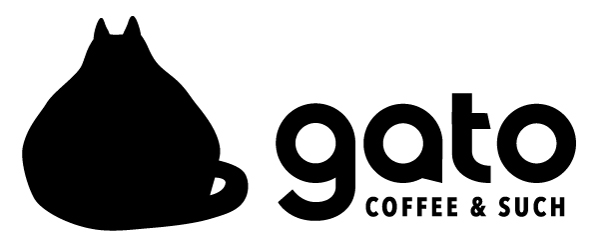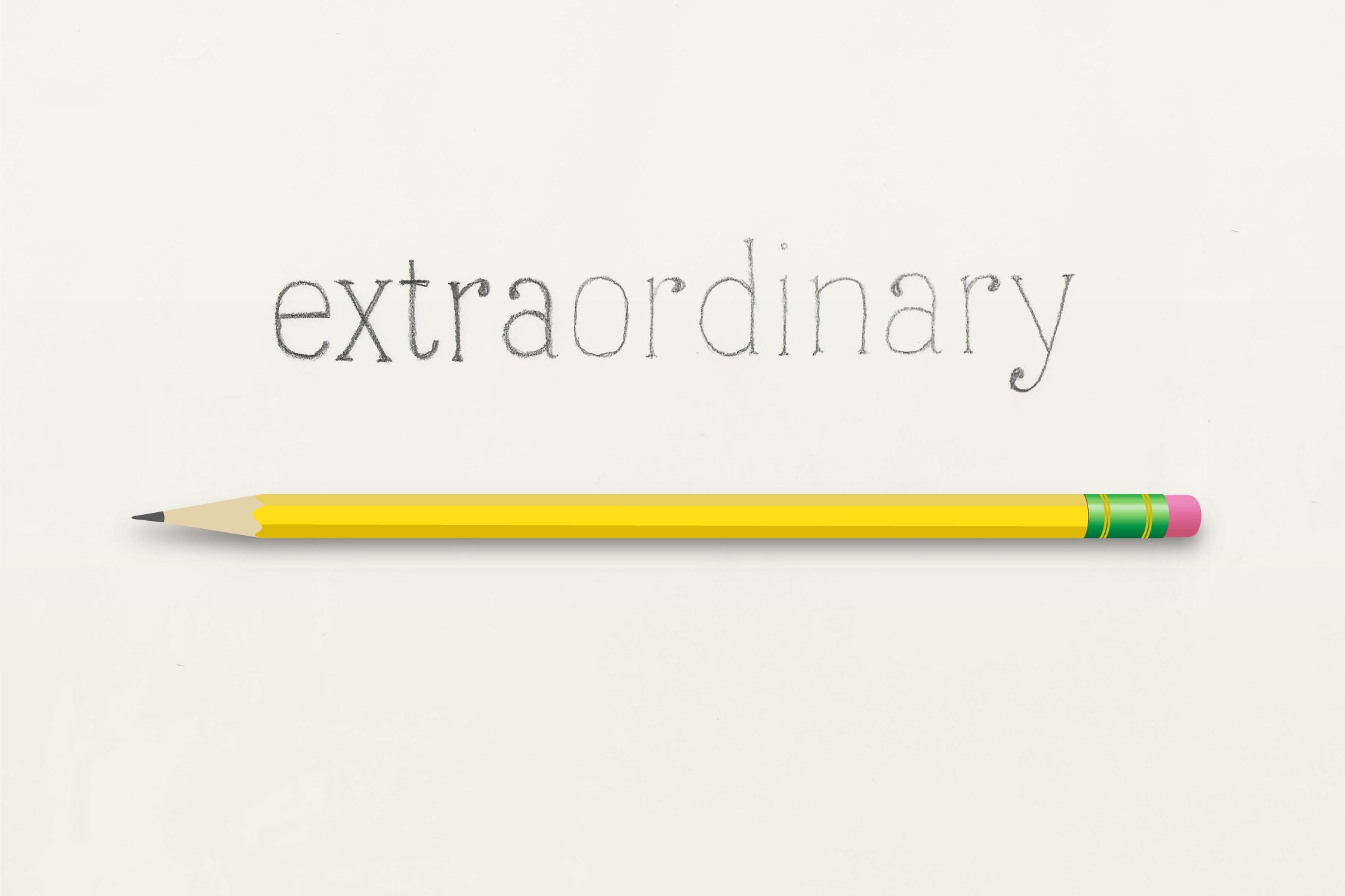For most of us, the world is one of connection and convenience. We (me for sure, maybe you, too) have grown very used to making a phone call or clicking a button and having things from anywhere in the world show up to our homes. We expect it to arrive undamaged. We’re annoyed if it’s late.
The danger of this convenience, of course, lies in losing sight of what makes it possible. We forget the planet, as small as it’s become, is still an enormous place and the sheer number of actions and transactions that go into procuring and then delivering anything from one place to another really should regularly blow our minds.
It’s pretty magical that a bean half the size of your pinky fingernail can be organically grown 2,140 miles away (that’s Chiapas, Mexico, one of the closer coffee growing locales), harvested, dried, bagged and shipped to a small town in the Rocky Mountains, where it’s then carefully roasted, ground, brewed and enjoyed.
Coffee is a commodity, and thank goodness it’s so readily available to most of the world. So available, in fact, that I’m often guilty of gulping down my cup and lunging into my day without pausing to consider the magic just experienced. Coffee is, as we all know, equally a luxury when it’s well-prepared and then lingered over. Next time you brew up, take a second and trace in your mind all the different things that have touched the beans making you a human right now. Some morning, pair your coffee with a read or revisit of the classic parable, I, Pencil ( https://fee.org/resources/i-pencil/) by Leonard E. Read.
And — thanks for being part of our huge little world.


